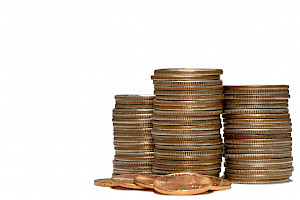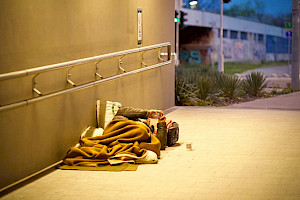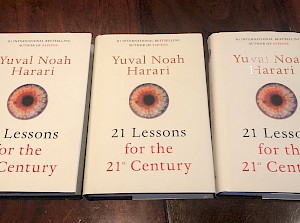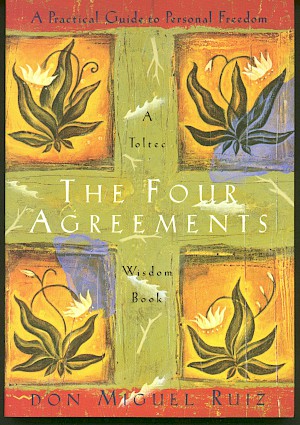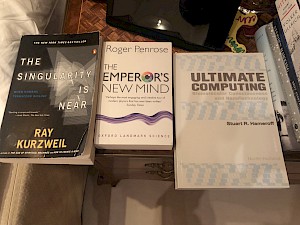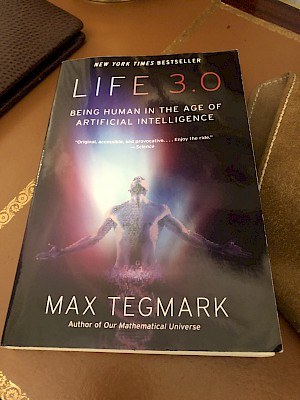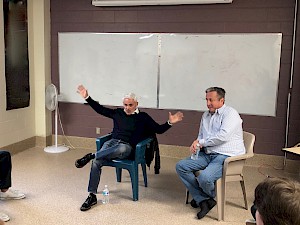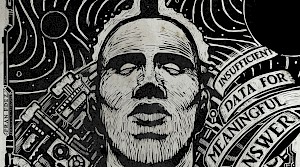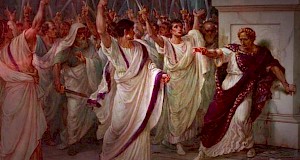Why Liberalism Failed
September 08, 2020Book Review: “Why Liberalism Failed”
By Patrick Deenan
Recently I picked up a copy of Patrick Deenan’s 2018 book, “Why Liberalism Failed”. In it he refers to Niccolò Machiavelli’s political philosophies and as an avid reader of Machiavelli myself, I was curious about Deenan’s argument.
The way Machiavelli summed up the failure of classical and Christian political thought that preceded him pretty much sums up the conclusion I reached after reading Deenan’s book. Machiavelli broke with classical and Christian aspirations to temper with the tyrannical temptation through education in virtue, scoring the pre-modern philosophic tradition as an unbroken series of unrealistic and unreliable fantasies of “imaginary“ republics that never existed in practice, and actually never could because the gap between how people actually behave and how they ought to behave is so great that they all failed, eventually. Machiavelli, in true Machiavellian fashion, “proposed political philosophy on readily observable human behaviour of pride, selfishness, greed and the quest for glory.”
Deenan writes, “Machiavelli encouraged pitting different classes against one another, encouraging each to limit the others through ferocious conflict in protection of their particular interests rather than lofty appeals to a common good.“ Personally, I am not sure how long a political system based on that kind of quasi-anarchism would last. But then again, I am not sure how long any political system that has ever been tested can last only because they all seem to succumb to the weaknesses of human nature. Deenan himself acknowledges that perhaps we are “approaching the end of a natural cycle of corruption and decay that limits the lifespan of all human creations.”
“Why Liberalism Failed” examines liberalism and how it was conceived some 500 years ago, eventually becoming the founding creed of the United States. Deenan argues that although the philosophy is based on the concept of individual liberty, it has delivered quite the opposite result. The book suggests that liberalism has exhausted itself, leading to cultural decline, income inequality, the erosion of freedom and the growth of powerful, centralized bureaucracies. Deenan offers a sober prediction that, “contemporary liberalism will increasingly resort to imposing the liberal order by fiat” by a “‘deep state’ with extensive powers of surveillance, legal mandate, police power, and administrative control.”
And although the book tars the left and the right with the same brush, it calls for a return to traditional American conservative values of family, church and community. Ideals that are all well and good, but won’t provide a solution to how a planet with a population pushing nine billion can co-exist in an equitable manner.
Unfortunately, Deenan does not offer an alternative political philosophy. And this is most likely because one does not exist. He correctly points out that liberalism beat out its competing political philosophies of fascism and communism in the last century, but contrary to bringing about the “end of history”, it only served to embolden its own false sense of invincibility. From Deenan’s perspective, liberalism was designed to fail from the start. I don’t disagree with much of his reasoning. We live in a world based on ravenous and endless consumption, fuelled by a global corporate greed that would collapse if growth ever slowed or reversed. A world where the quest for immediate profit “replaces investment and trusteeship” and is surely driving us to destroy our own planet.
I enjoyed reading this book and learned a lot. But much like another book I read recently, “Winners Take All”, by Anand Giridharadas, it left me dissatisfied. It succeeds in making a great case for what’s wrong with our world, while providing only vague aspirational solutions on how to fix it. Ironically, it brings us full circle to Machiavelli’s view of unrealistic and unreliable fantasies of “imaginary” republics that never existed. That said, I do recommend reading “Why Liberalism Failed” if only to give you a good historical background on political philosophy, and to help you realize that we are facing an existential threat to our species. And lastly, it’ll provide plenty of points to argue for and against the future of liberalism at your next dinner party.

